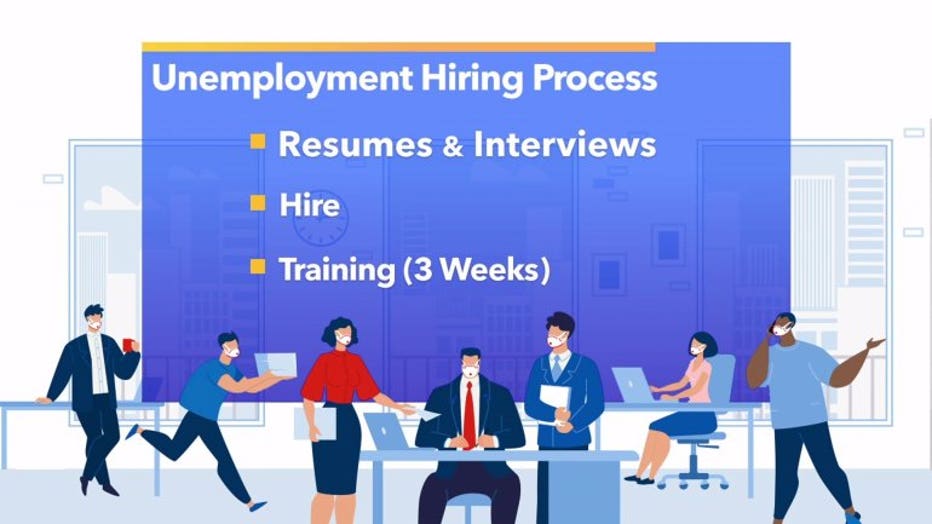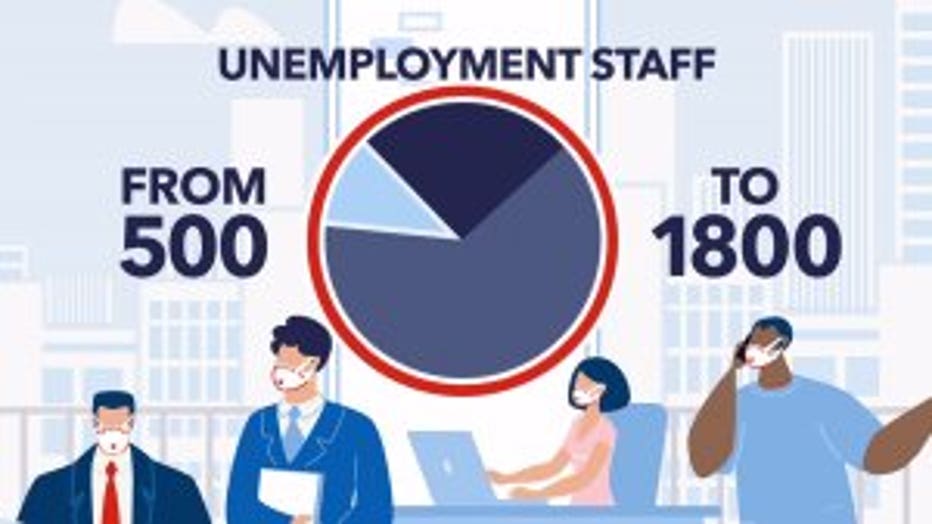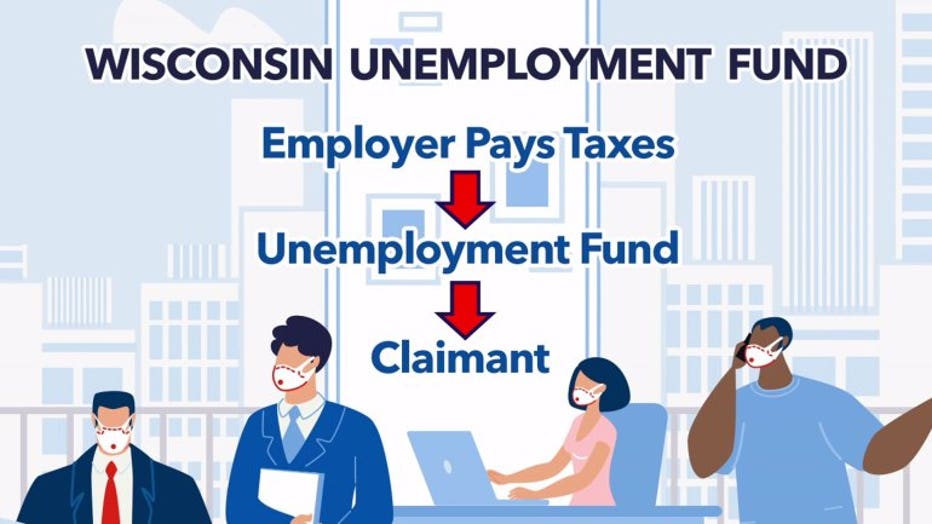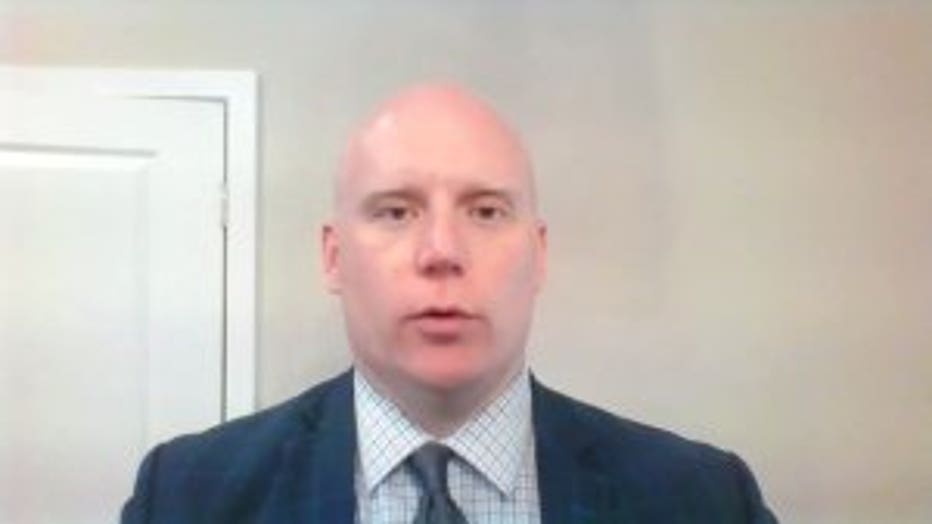Struggling to get through to unemployment? It will be weeks before Wisconsin's system sees relief
You try to file for unemployment online. You get error messages. You call the number on the screen. No one answers. Weeks go by. You keep filing, but you don't receive a single check.
Sound familiar?
It's no secret - Wisconsin's unemployment system is overwhelmed. Since March, Wisconsin's Department of Workforce Development has promised to hire more staff and shift resources. So why aren't the people filing, hundreds of whom who are calling and emailing FOX6, seeing relief?

Wisconsin unemployment processing staff
"We're under an immense amount of pressure to get a lot of people in soon," DWD Secretary Caleb Frostman said. "When they handle sensitive information, it just requires a more thorough check to make sure that we're being as prudent as we can in getting the right people into those positions."
DWD's unemployment division had roughly 500 employees before COVID-19 hit. The goal is to more than triple in size, with a total of 1800 employees dedicated to unemployment.

Wisconsin unemployment processing staff
Frostman says in March, the department moved 90 DWD employees and 15 employees from other state agencies into the unemployment insurance division. Within the last week, Frostman says another 100 people have moved from other positions in DWD to focus on unemployment.
When it comes to external hires, Frostman says it takes time to go through the process of reviewing resumes and conducting the interviews necessary to select employees who will be handling claimants' sensitive, personal information. Once new employees are selected, training can take another two to three weeks depending on the position.
In other words, even if Wisconsin were to make all the necessary new hires today, it would still take weeks to see resulting relief on the currently overwhelmed system.

Wisconsin unemployment processing staff
In the meantime, DWD released projections Thursday estimating how long the unemployment fund, which comes from employer taxes, could last in various circumstances.

Caleb Frostman
Under the worst-case scenario, which Frostman says is unlikely because it assumes no additional tax revenue flowing into the unemployment fund, money could run out by October.
"That's the context, is depending on when people go back to work and when we feel safe...that all factors into how that trust fund remains viable," Frostman said. "There are a lot of moving parts so having an accurate projection is really difficult."

